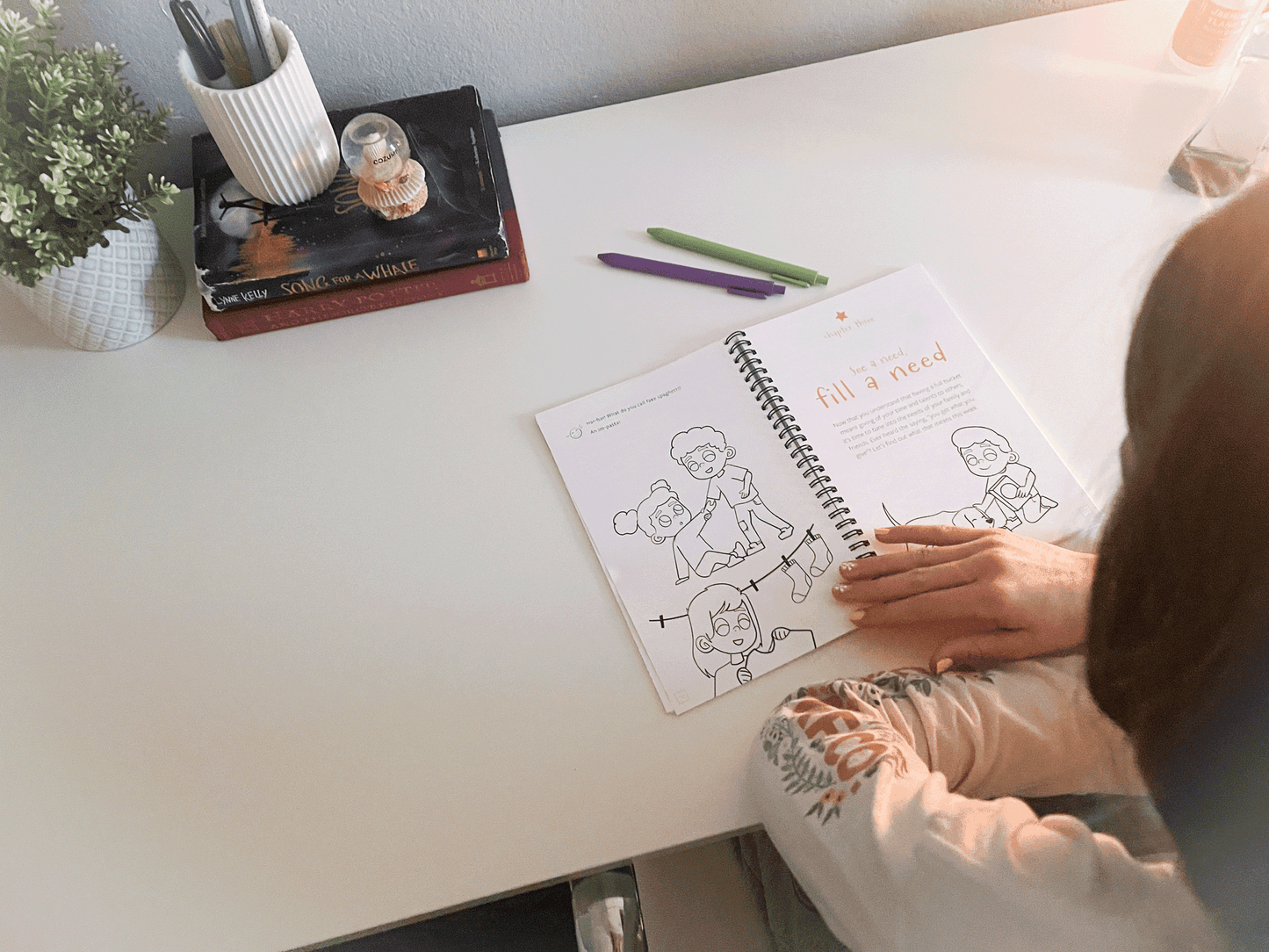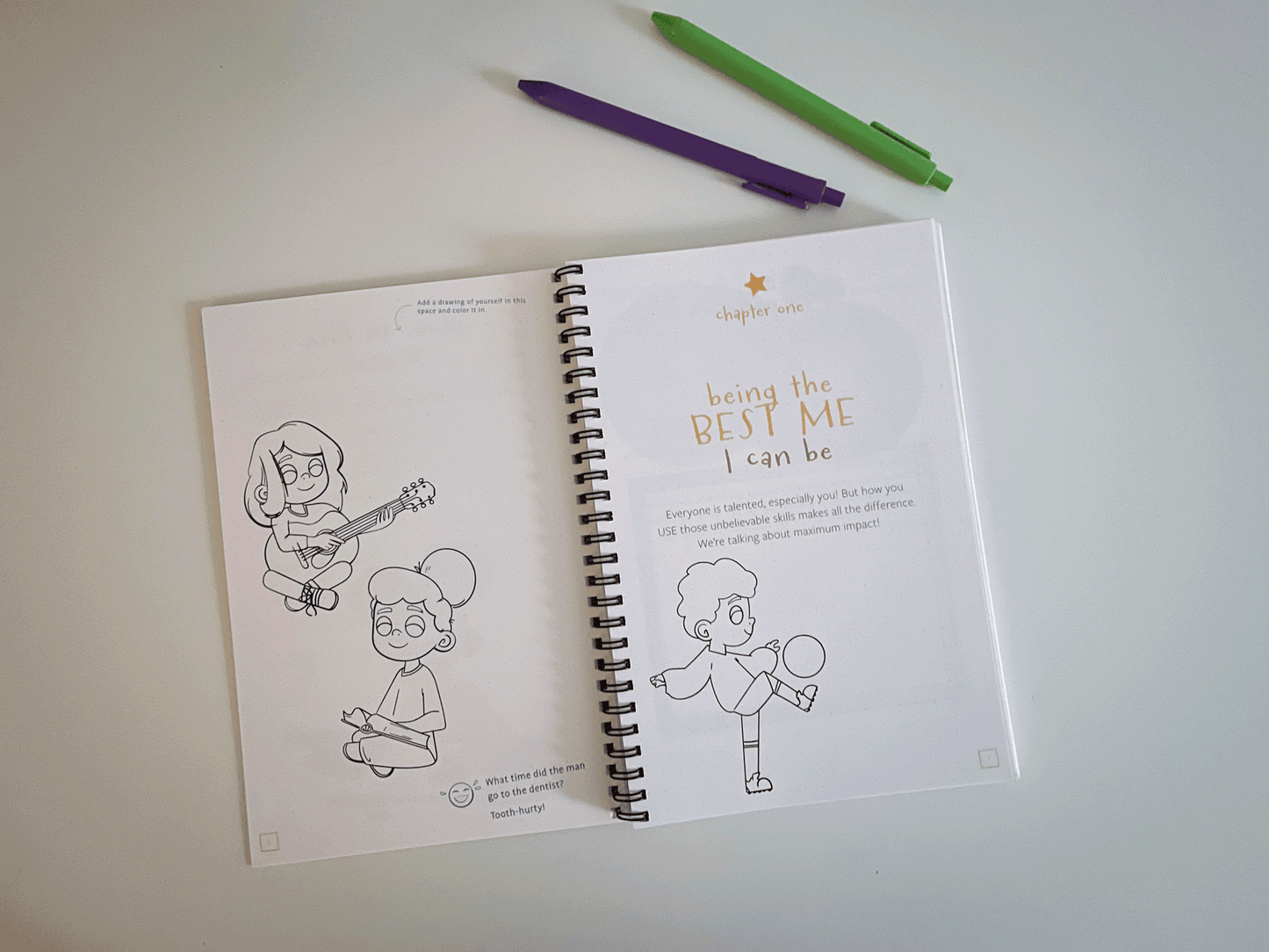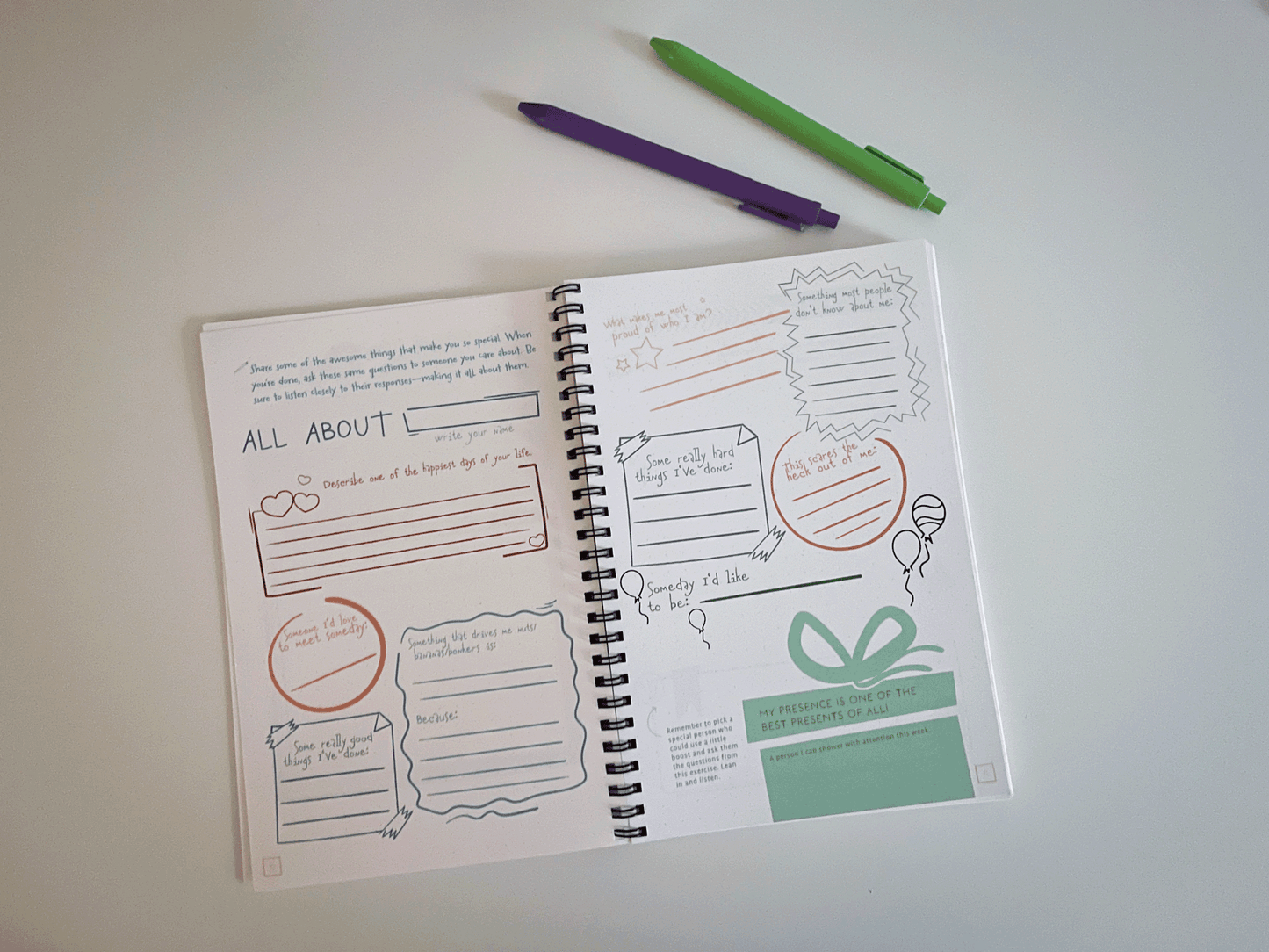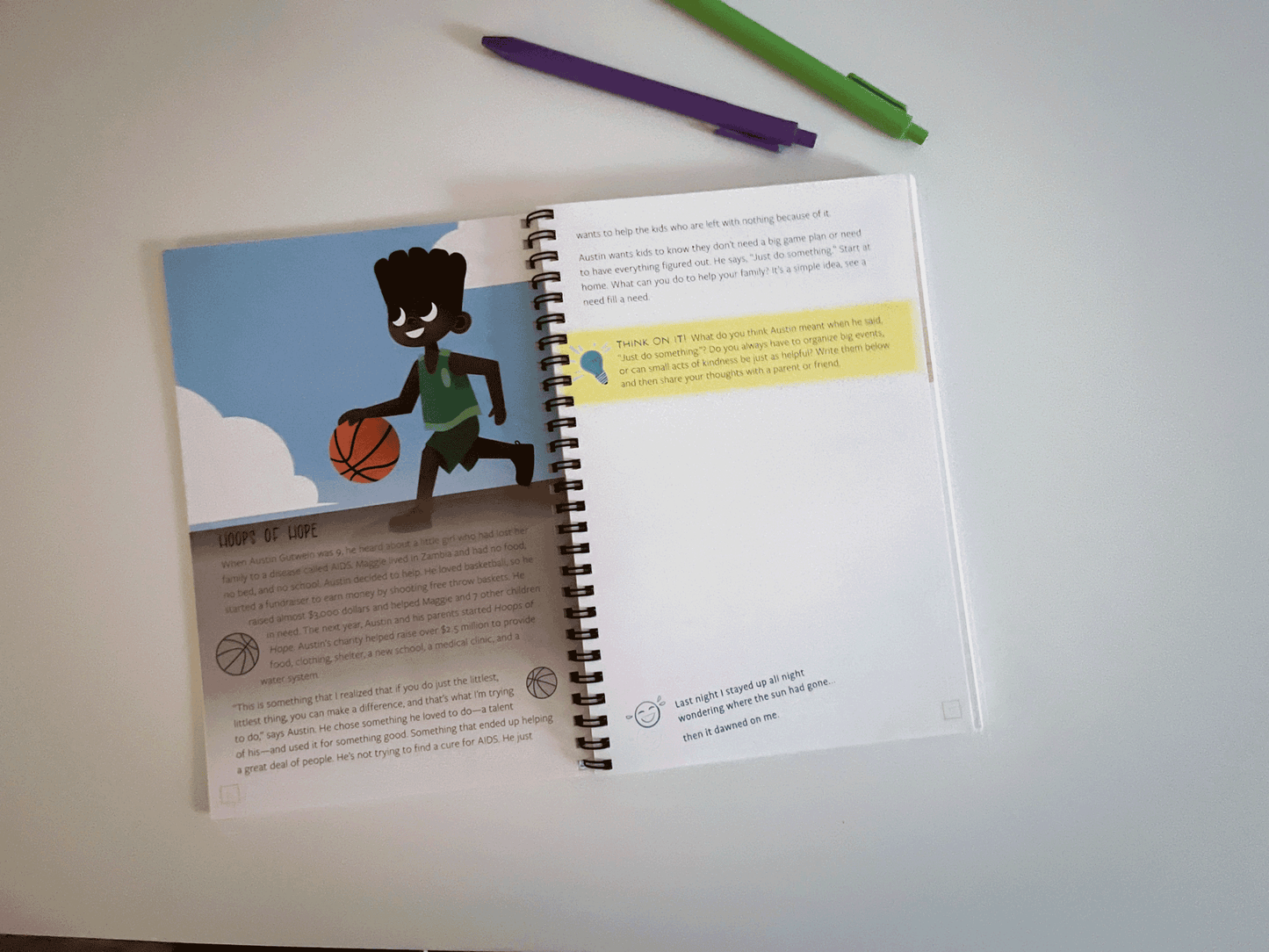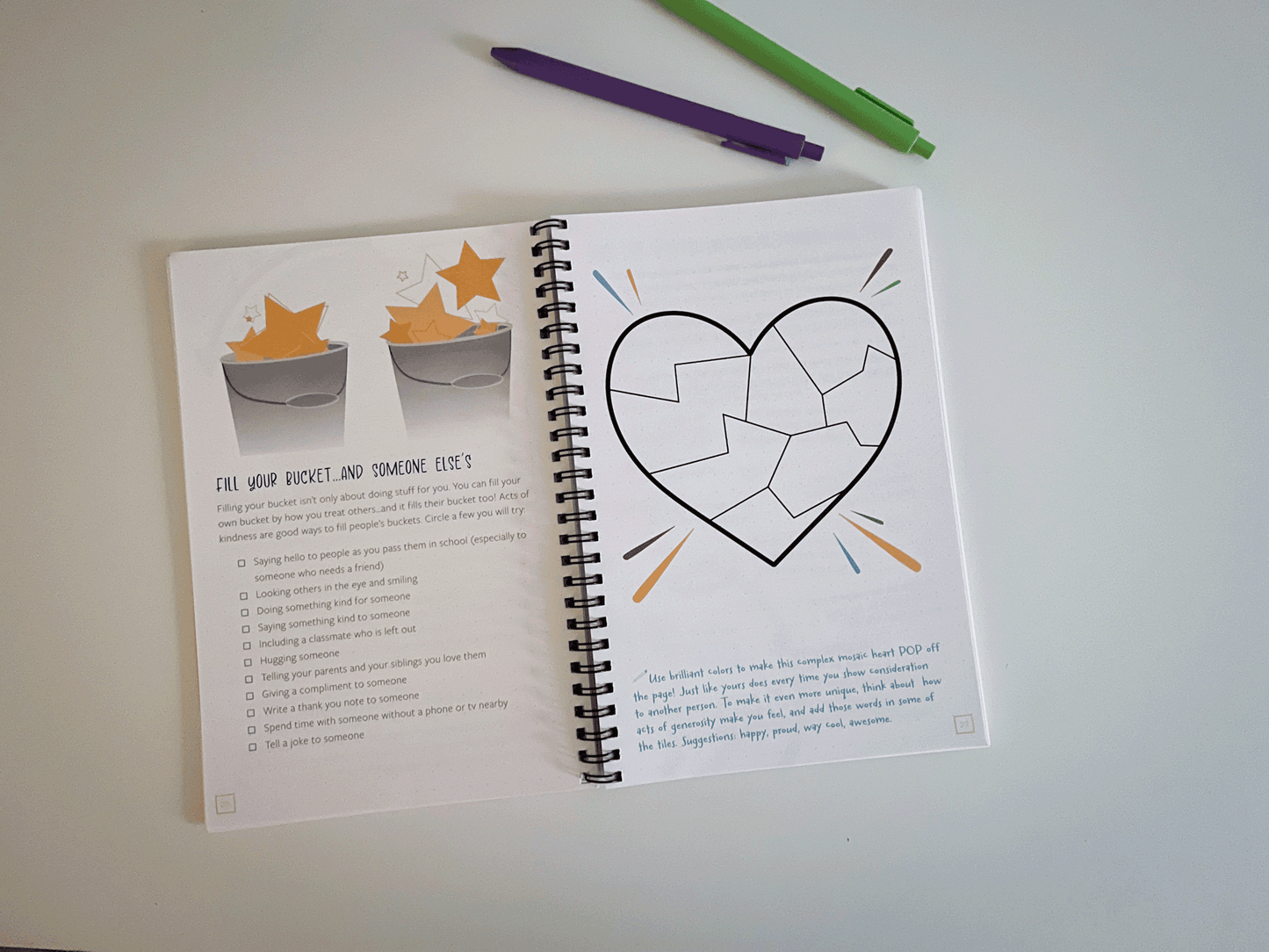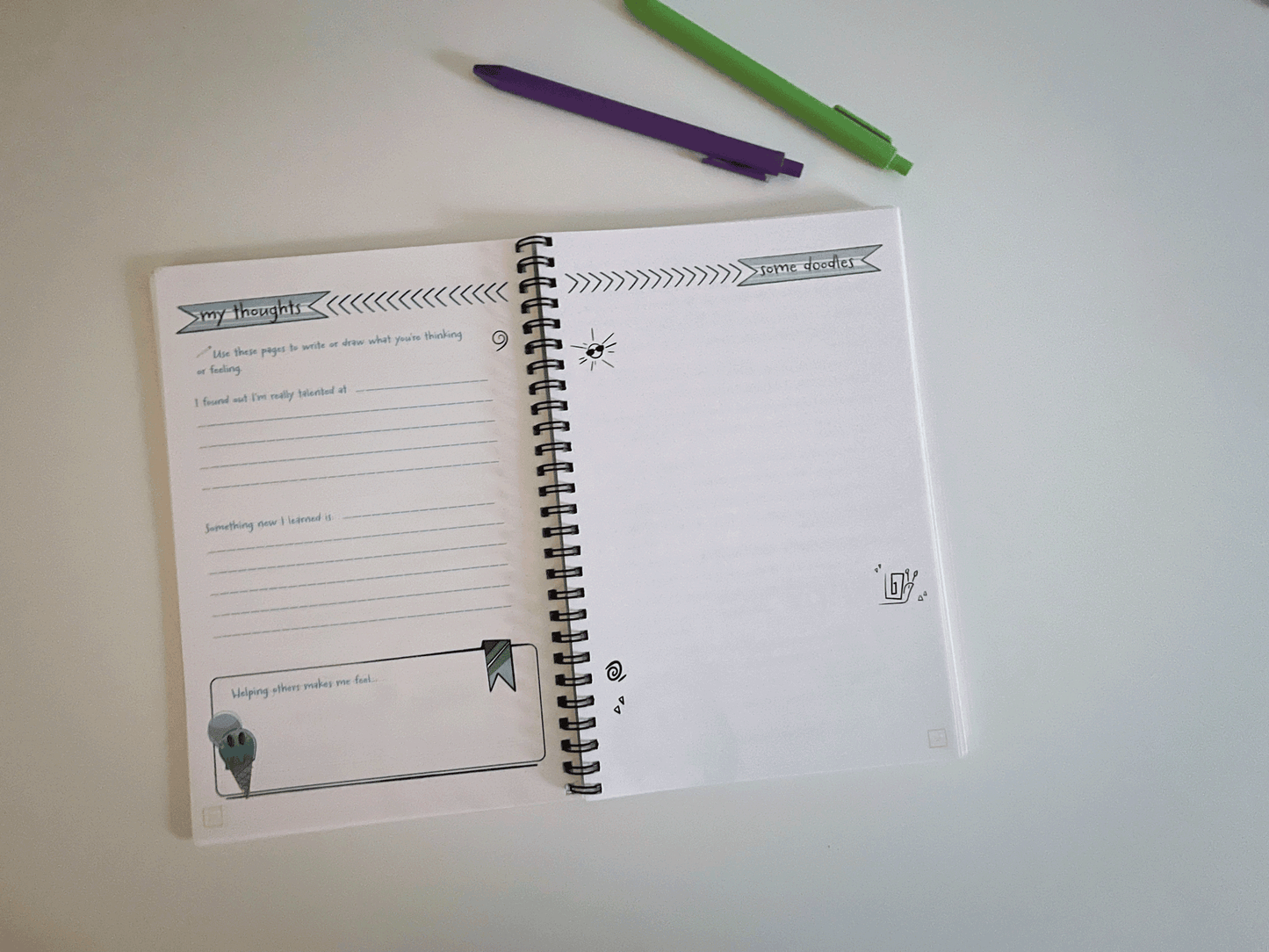An underrated skill that can transform your life
Guest Author
This is a hard topic, but it’s one we know all too well. One of the most common themes in our culture right now is the need to be right.
We all want to know and do what’s best when it comes to politics, faith, social issues, parenting, schooling, etc. Expanding on our intellect and being in touch with the matters of our reality is never a bad thing. However, once we know what we believe, the worst forms of standing our ground can sometimes ensue. We build up our walls and only welcome in perspectives that are similar to our own. We belittle people to their opinions. Sometimes, we even turn our cheek to those who just don’t understand us.
We must ask ourselves: is winning arguments the key to our happiness?
This compulsion to stand up for what we believe in is good at heart and something we can all relate to. There is also something invigorating about knowing what we really stand for. However, it’s how we act on those beliefs that can sometimes get us in trouble, and changing the way we relate each other in these issues can make a big difference.
The underrated skill: Just a little self-control
It can be hard to practice restraint when someone says or does something we take issue with. And that’s ok. Our emotions and conscience often serve us in making the right decisions. They are natural, primal guides. However, knowing when to react outwardly and picking our battles can do wonders.
Steven Covey talks about this in his book, The 7 Habits of Highly Effective People. He explains that refraining from compulsively responding to things is transformative in relationships. He calls it “seeking to understand before being understood.” Covey explains that typically in conversations, we typically respond with the intent to reply, not the intent to listen.
The reason that this type of self-restraint is so powerful is because it puts kindness on the table at the beginning of the conversation. Promoting respect with others will change your conversations with them. Most likely, both parties will therefore be more open-minded, become empathetic, and may even be able to reach an understanding.
This is especially true in our own families. When our children see us listening intently to them, they feel more loved, and they are more likely to have a meaningful conversations with us. They also begin to understand that people are meant to treated with dignity, no matter their perspective.
Practicing temperance in our conversations can leave a big impact on the people we encounter and strengthen our relationships. But this is one change that has to start with us.
______________________________________
Jeremy Bangs is a single father of a 9-year-old daughter, Olivia. He spent more than 17 years as a writer, photographer and managing editor for community newspapers along Colorado’s Front Range.





